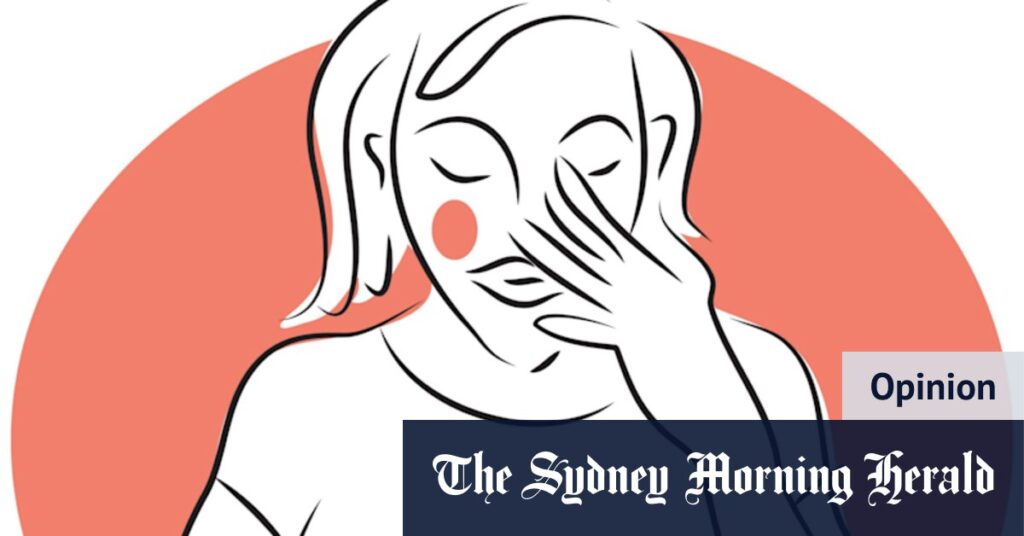In psychiatry research the gap is profound. “While women comprise 60 per cent of people with psychiatric disorders,” Time reports, “the mean participation of women in psychiatric clinical trials was 42 per cent.”
Loading
Women are also more likely to be diagnosed with depression and anxiety, while men tend to experience higher rates of externalising disorders. And, yet, even with advances in psychiatric genetics that allow for deeper exploration of sex-specific influences, many studies still fail to account for these differences.
Time adds, however, that the recent hesitation to highlight “sex differences” in research may stem from “the emotional turmoil surrounding the evolving complexity of what gender means and what sex means”.
Thomas and Mitchell acknowledge that, of course, depression isn’t solely driven by genetics – it’s also shaped by environmental factors, including the higher risk of sexual abuse experienced by females.
They and their fellow QMIR Berghofer researchers hope their findings will change how depression is treated and pave the way for more targeted, personalised intervention and treatments. They’ve also made their data publicly available, inviting others to build on it.
As Mitchell says: “I think that this is just the first step in a really exciting new avenue of research. We have a long way to go to truly understand the full spectrum of causes of depression, but we hope this study shows that looking at males and females separately reveals meaningful differences which can lead to better treatments for both sexes.”
Frankly, that alone is worth popping a cork over.
Could this be a watershed moment for women living with depression? I hope so. Because for decades, women I know and love – women like my late mum – were told their pain was hormonal, hysterical or simply that they were “too much”. We were dismissed, misdiagnosed and made to feel like the problem. This research says otherwise.
The real story isn’t just in the lab. It’s in the clinic, the GP waiting room, the quiet moments when women ask for help and hope to be heard. This research calls for more personalised, informed mental health care for everyone. But it’s also a moment of recognition: women’s mental health is no longer anecdotal. It’s evidential.
Loading
Thomas didn’t just look well chuffed – she was practically glowing. That kind of joy, that kind of belief in the work, is contagious. And that’s why it’s worth shouting it from the rooftops.
This research says we were right to ask for better. And it’s about time we were heard.
Jen Vuk is a Melbourne writer.
The Opinion newsletter is a weekly wrap of views that will challenge, champion and inform your own. Sign up here.
Read the full article here


